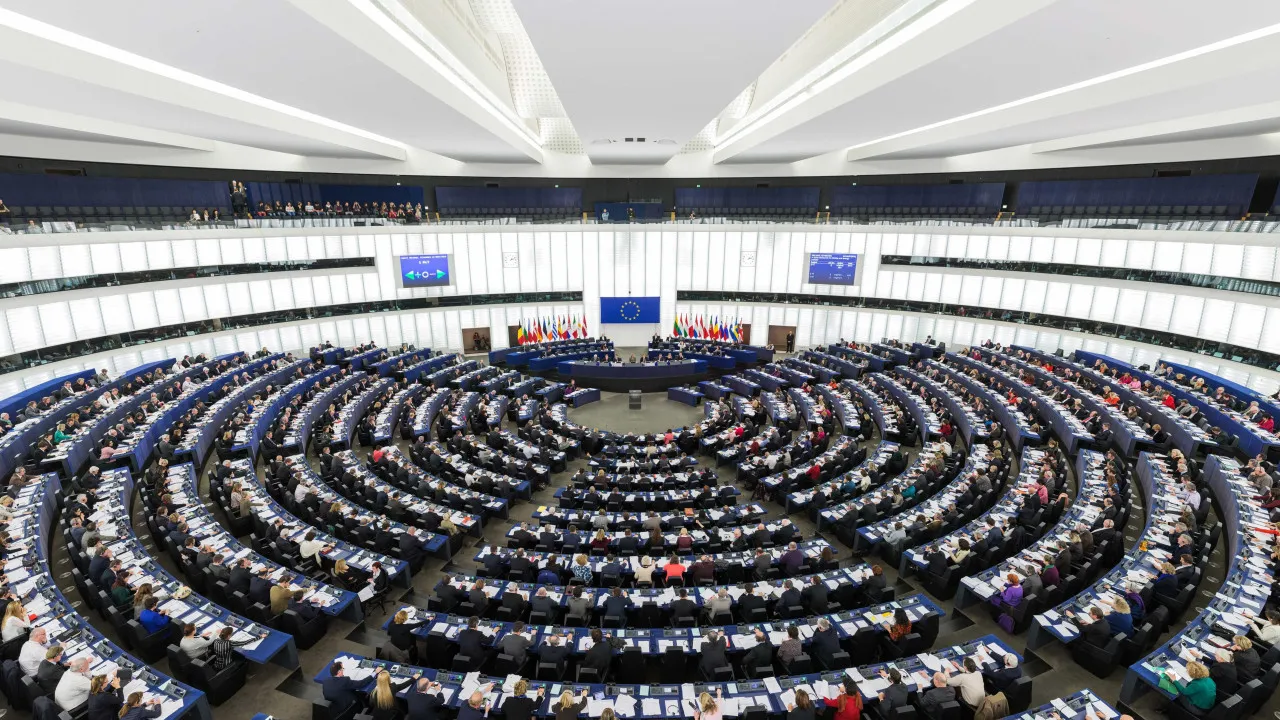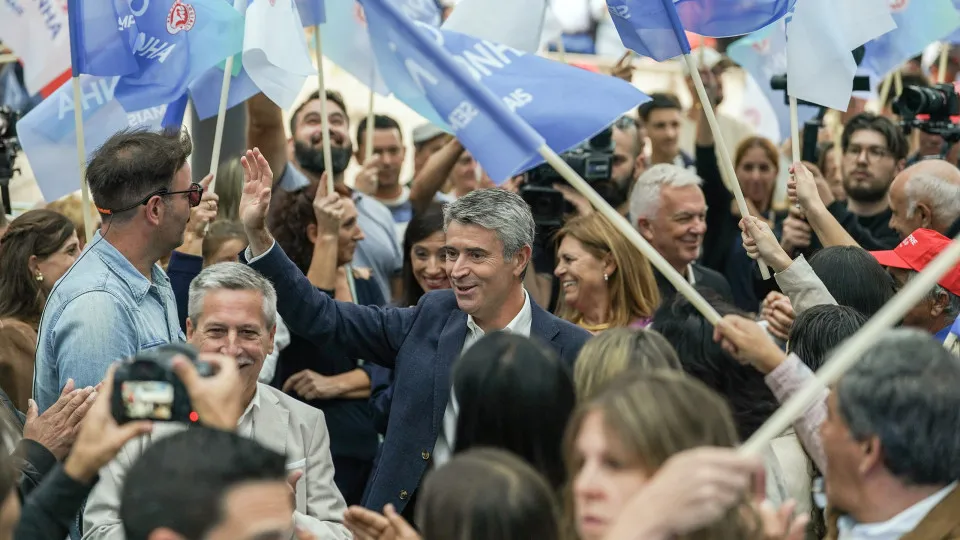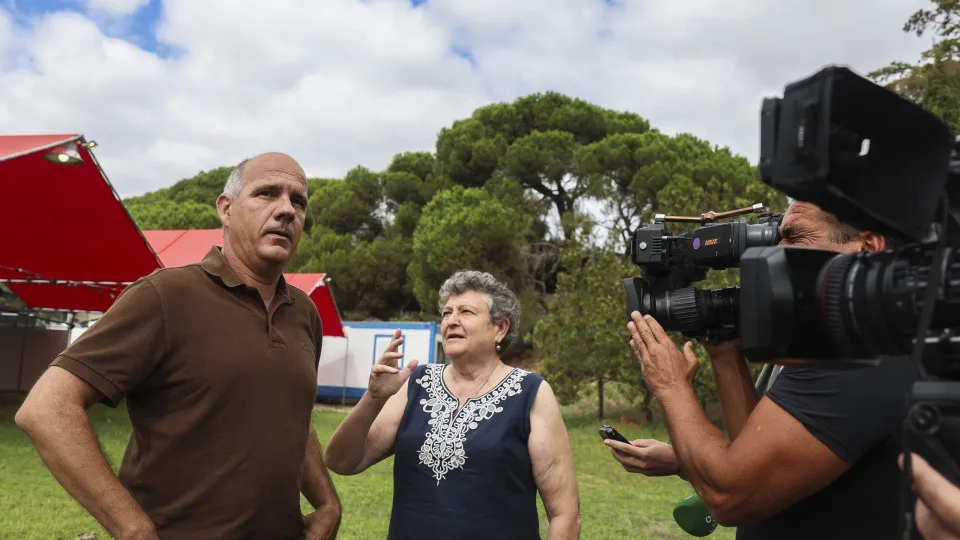
A day before the European Commission is set to unveil its proposal for the European Union’s long-term budget, which will encompass new defense and economic growth priorities, national reform and investment plans, and new European funds, Socialist MEP Carla Tavares emphasized, “We will not accept in any way a plan for each Member State.”
According to the European Assembly’s co-rapporteur on this matter, “essential policies for the 27 Member States, such as agriculture […], should remain autonomous and not be tied to these 27 national budgets,” nor should there be “27 budgets for cohesion.”
Tavares referred to the two main EU policies, noting that cohesion accounts for about two-fifths of the annual budget, while the Common Agricultural Policy (CAP) makes up nearly a quarter.
Speaking at a press conference in Brussels, Carla Tavares stressed that “everything cannot continue to be done as it always has,” and there should be “more ambition, more flexibility, more transparency in the next multiannual budget.”
“Defense is naturally a very relevant area, but we do not accept that it be at the expense of cohesion; therefore, financing paths must be found,” said the MEP, underscoring that “it’s impossible to do more with the same, and it is urgently necessary to finalize and discuss this package of true and new genuine own resources.”
The European Commission will propose on Wednesday an EU budget for 2028-2035 adapted to new defense and economic growth priorities, with Portugal requesting the safeguarding of the old cohesion and agricultural policies.
On Wednesday, European Commission President Ursula von der Leyen will present the first proposal package on the next Multiannual Financial Framework 2028-2035 to the press in Brussels. As the institution argued in a communication released last February, “the new challenges and expectations regarding EU action require rethinking how the EU budget works to adapt it to the future.”
The institution stated, “The goal of a free, democratic, strong, secure, prosperous, and competitive Europe requires a reformed and strengthened EU budget – simpler, more flexible, more directed, and with greater impact.”
Specifically, the European Commission seeks “a modern EU budget with a plan for each country with key reforms and investments, designed and implemented in partnership with national, regional, and local authorities,” which includes a European Competitiveness Fund, renewed external action financing, safeguards on the rule of law, and modernized revenues to support common priorities.
The proposal’s presentation comes amid geopolitical tensions, such as the Ukraine war caused by the Russian invasion and strong commercial pressures with the EU’s main economic partner, the United States, prompting the bloc to reinforce its defense and diversify partnerships.
However, Portugal has already warned that it will not accept the new priorities to sacrifice the old ones, maintaining the same level of funds for the CAP and cohesion, with the latter representing 90% of public investments in the country.
Following the proposal’s presentation, negotiations will begin with the co-legislators — MEPs (Parliament) and Member States (Council) — with hopes that the negotiating process will be concluded by 2026.
The current EU long-term budget is 1.21 trillion euros.




